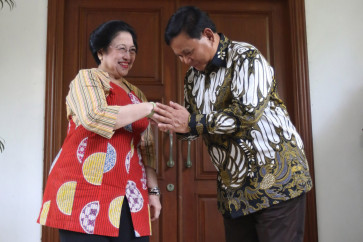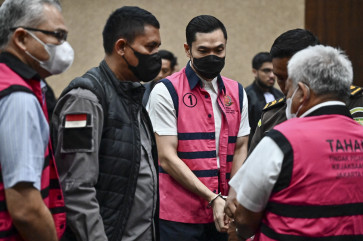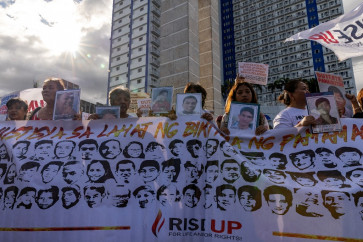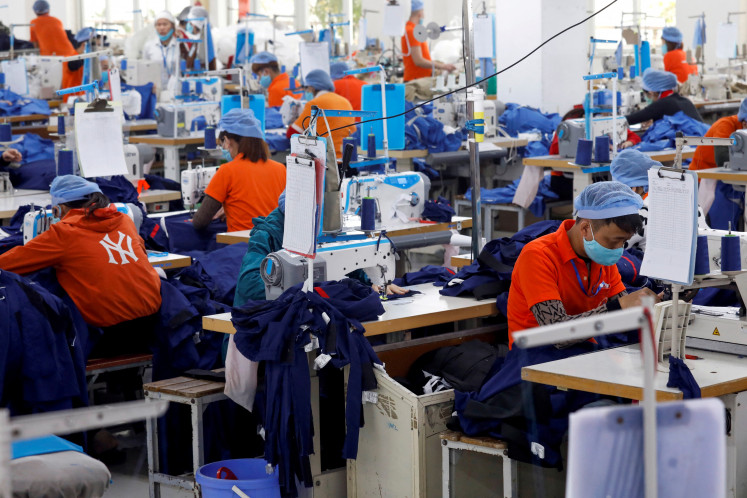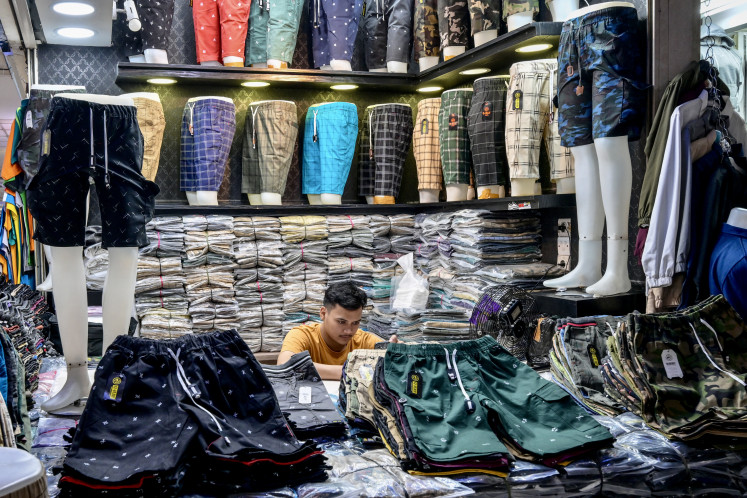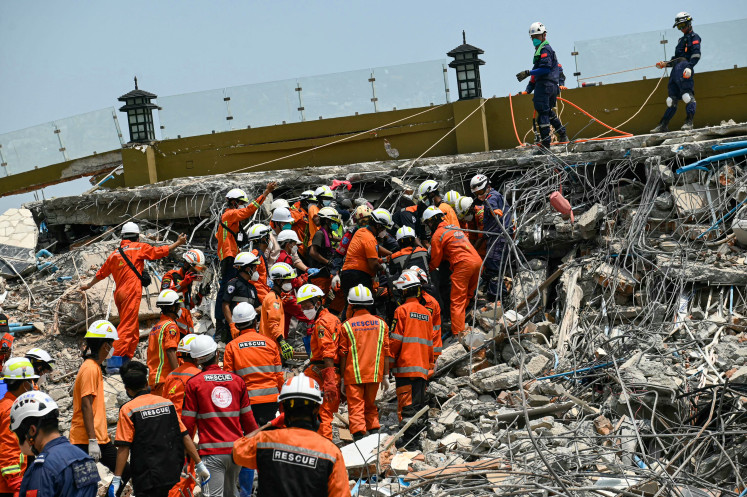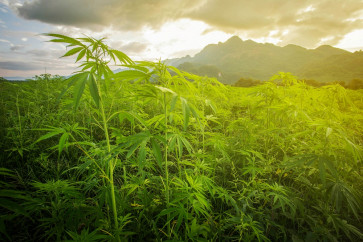Conservative Aceh proposes cannabis legalization
Despite being banned under Indonesian law, marijuana cultivation remains widespread in Aceh, where the plant is used for food and traditional medicine.
Change text size
Gift Premium Articles
to Anyone
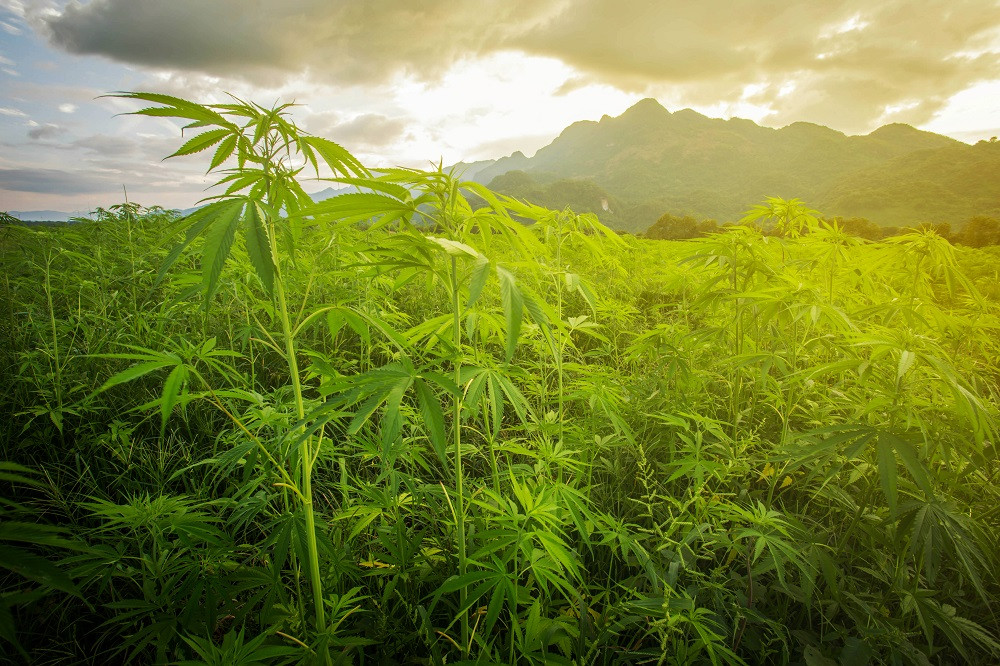 Despite being banned under Indonesian law, marijuana cultivation remains widespread in Aceh, where the plant is used for food and traditional medicine. (Shutterstock/Noppadon stocker)
Despite being banned under Indonesian law, marijuana cultivation remains widespread in Aceh, where the plant is used for food and traditional medicine. (Shutterstock/Noppadon stocker)
C
alls for cannabis legalization are on the rise in the conservative Muslim province of Aceh as local leaders believe the move will boost economic development in the region, where cultivation of the substance is already widespread.
Indonesia, which has one of the strictest drug laws in the world, currently prohibits the possession and use of marijuana. According to the 2009 Law on Narcotics, marijuana is a type-1 narcotic, putting it on par with crystal methamphetamine and heroin, which are illegal for consumption including for medical purposes.
Despite the ban, cannabis cultivation remains common in Aceh. In response, the National Narcotics Agency (BNN) has established the Grand Design Alternative Development (GDAD) 2016-2025 program, which aims to decrease the cultivation of cannabis in three regencies in the province by encouraging farmers to shift to other commodities. This is part of the country's fight against the use of marijuana, which is used by 63 percent of Indonesia's 3.6 million illegal drug users aged 15 to 65, according to the agency.
A professor at Aceh's Syiah Kuala University, Musri Musman, said that allowing Acehnese people to cultivate the plant would improve the local economy, as it could be used not only for medical purposes but also as material for food, clothing and cosmetics and other goods. He said global market demand for cannabis oil was also high and that the cannabidiol (CBD) compound found in Aceh's cannabis was considered unique by those from other countries.
For cultivation to be permitted, marijuana would have to be categorized as type a 3 narcotic, meaning it could be used for medical and research purposes. Musri said his study found that, if managed well, cannabis could create more benefits than losses, arguing that the only harmful compound found in the substance was tetrahydrocannabinol (THC), which could cause euphoria in users.
"I'm certain that if the government legalizes cannabis and allow citizens to cultivate the plant, the Acehnese people will be rich and won't need subsidies from the central government," Musri said during a recent discussion on cannabis and poverty held by the institute in Aceh.
A 2016 briefing paper by global think tank Transnational Institute found that while Aceh was the main source of the country’s cannabis, the plant was also cultivated illicitly for commercial purposes in Bengkulu, West Sumatra, and Lampung and Mandailing Natal, North Sumatra, where the plantations did not exceed one hectare in area and farmers sometimes moved plots after harvests.

